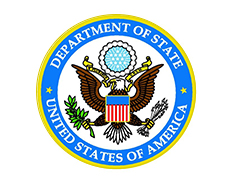
Supporting the clean energy transition of European businesses
Details
Location:EU 27
Funding agency:
Contracting Authority: European Climate, Infrastructure and Environment Executive Agency
Contracting Authority Type:Development Institution
Description
Supporting the clean energy transition of European businesses TOPIC ID: LIFE-2024-CET-BUSINESS Type of grant: Call for proposals General information Programme: Programme for Environment and Climate Action (LIFE) Call: LIFE Clean Energy Transition (LIFE-20

Similar grants
By Locations
Funding agency:
US DoS
Status:
open
Location:
Slovakia
Funding agency:
EC
Status:
open
Location:
EU 27
By Sectors
Funding agency:
US DoS
Status:
open
Location:
Slovakia
Funding agency:
MFA Netherlands, WB
Status:
open
Location:
Liberia


